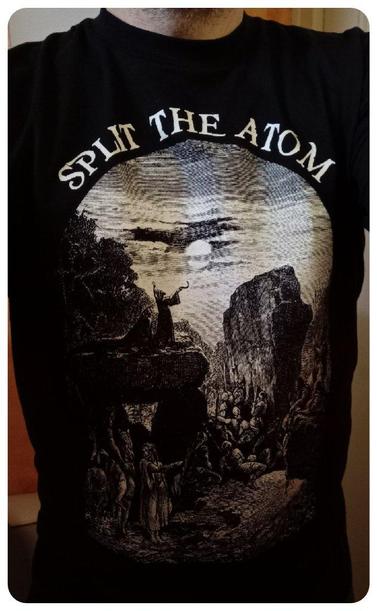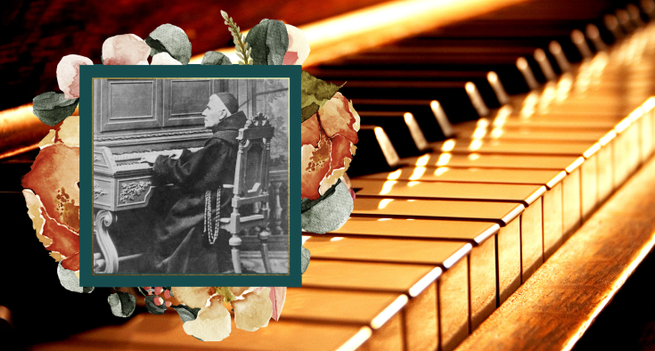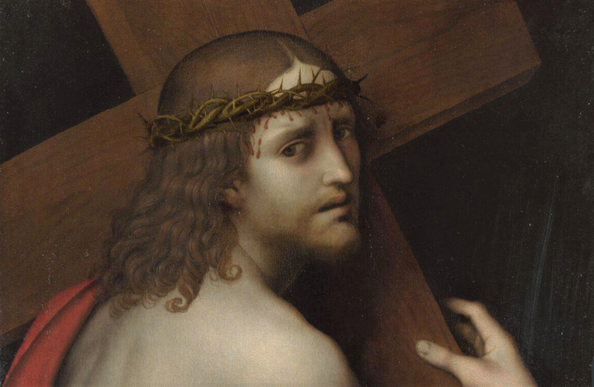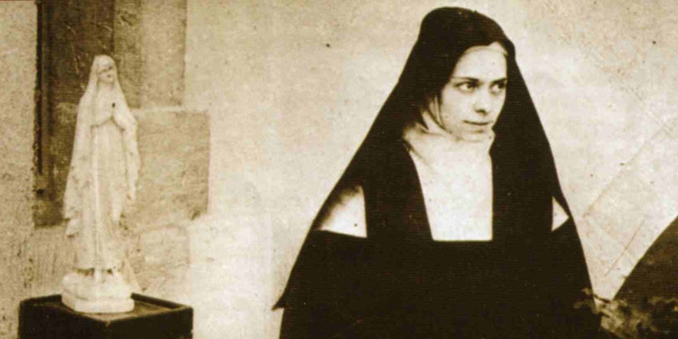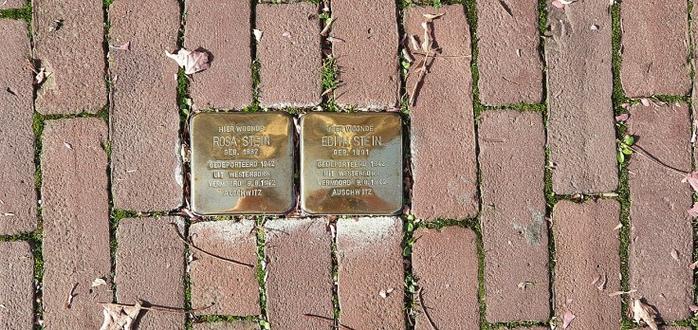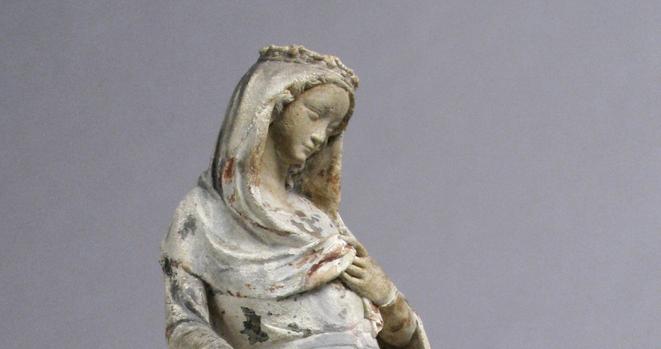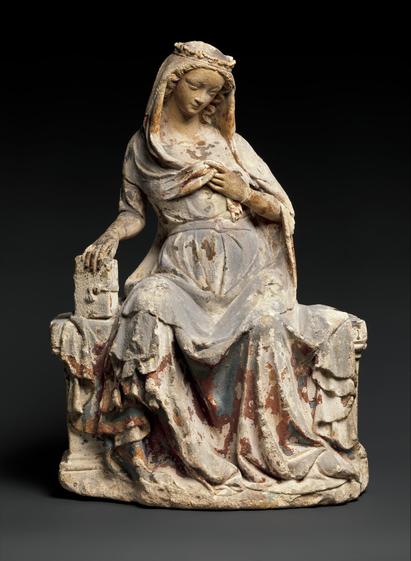As this path on the high mount of perfection is narrow and steep, it demands travelers who are neither weighed down by the lower part of their nature nor burdened in the higher part. This is a venture in which God alone is sought and gained; thus only God ought to be sought and gained.
Obviously, one’s journey must not merely exclude the hindrance of creatures but also embody a dispossession and annihilation in the spiritual part of one’s nature.
Our Lord, for our instruction and guidance along this road, imparted that wonderful teaching—I think it is possible to affirm that the more necessary the doctrine the less it is practiced by spiritual persons—that I will quote fully and explain it in its genuine and spiritual sense because of its importance and relevance to our subject.
He states in the eighth chapter of St. Mark: Si quis vult me sequi, deneget semetipsum et tollat crucem suam et sequatur me. Qui enim voluerit animam suam salvam facere, perdet eam; qui autem perdiderit animam suam propter me … salvam faciet eam (If anyone wishes to follow my way, let him deny himself, take up his cross and follow me. For whoever would save his soul will lose it, but whoever loses it for me will gain it) [Mk. 8:34–35].
“I think it is possible to affirm that the more necessary the doctrine the less it is practiced by spiritual persons.”
Oh, who can make this counsel of our Savior on self-denial understandable, and practicable, and attractive, that spiritual persons might become aware of the difference between the method many of them think is good and the one that ought to be used in traveling this road! They are of the opinion that any kind of withdrawal from the world, or reformation of life, suffices.
Some are content with a certain degree of virtue, perseverance in prayer, and mortification, but never achieve the nakedness, poverty, selflessness, or spiritual purity (which are all the same) about which the Lord counsels us here. For they still feed and clothe their natural selves with spiritual feelings and consolations instead of divesting and denying themselves of these for God’s sake. They think denial of self in worldly matters is sufficient without annihilation and purification in the spiritual domain.
It happens that, when some of this solid, perfect food (the annihilation of all sweetness in God—the pure spiritual cross and nakedness of Christ’s poverty of spirit) is offered them in dryness, distaste, and trial, they run from it as from death and wander about in search only of sweetness and delightful communications from God. Such an attitude is not the hallmark of self-denial and nakedness of spirit but the indication of a spiritual sweet tooth. Through this kind of conduct they become, spiritually speaking, enemies of the cross of Christ [Phil. 3:18].
A genuine spirit seeks rather the distasteful in God than the delectable, leans more toward suffering than toward consolation, more toward going without everything for God than toward possession, and toward dryness and affliction than toward sweet consolation.
“The inclination to choose for love of Christ all that is most distasteful whether in God or in the world… this is what loving God means.”
It knows that this is the significance of following Christ and denying self, that the other method is perhaps a seeking of self in God—something entirely contrary to love. Seeking oneself in God is the same as looking for the caresses and consolations of God. Seeking God in oneself entails not only the desire to do without these consolations for God’s sake, but also the inclination to choose for love of Christ all that is most distasteful whether in God or in the world; and this is what loving God means.
His Majesty taught this to those two disciples who came to ask him for places at his right and left. Without responding to their request for glory, he offered them the chalice he was about to drink as something safer and more precious on this earth than enjoyment [Mt. 20:22].
This chalice means death to one’s natural self through denudation and annihilation. By this means one is able to walk along the narrow path in the sensitive part of the soul, as we said, and in the spiritual part (as we will now say), in one’s understanding, joy, and feeling. Accordingly, a person can attain to dispossession in both parts of the soul.
Not only this, but even in the spirit one will be unhindered in one’s journey on the narrow road. For on this road there is room only for self-denial (as our Savior asserts) and the cross. The cross is a supporting staff and greatly lightens and eases the journey.
Our Lord proclaimed through St. Matthew: My yoke is sweet and my burden light [Mt. 11:30], the burden being the cross. If individuals resolutely submit to the carrying of the cross, if they decidedly want to find and endure trial in all things for God, they will discover in all of them great relief and sweetness. This will be so because they will be traveling the road denuded of all and with no desire for anything.
“If individuals resolutely submit to the carrying of the cross, if they decidedly want to find and endure trial in all things for God, they will discover in all of them great relief and sweetness.”
If they aim after the possession of something, from God or elsewhere, their journey will not be one of nakedness and detachment from all things, and consequently there will be no room for them on this narrow path nor will they be able to climb it.
I should like to persuade spiritual persons that the road leading to God does not entail a multiplicity of considerations, methods, manners, and experiences—though in their own way these may be a requirement for beginners—but demands only the one thing necessary: true self-denial, exterior and interior, through surrender of self both to suffering for Christ and to annihilation in all things.
In the exercise of this self-denial everything else, and even more, is discovered and accomplished. If one fails in this exercise, the root and sum total of all the virtues, the other methods would amount to no more than going around in circles without getting anywhere, even were one to enjoy considerations and communications as lofty as those of the angels.
“I would not consider any spirituality worthwhile that wants to walk in sweetness and ease and run from the imitation of Christ.”
A person makes progress only by imitating Christ, who is the Way, the Truth, and the Life. No one goes to the Father but through him, as he states himself in St. John [Jn. 14:6]. Elsewhere he says: I am the door; anyone who enters by me shall be saved [Jn. 10:9].
Accordingly, I would not consider any spirituality worthwhile that wants to walk in sweetness and ease and run from the imitation of Christ.
Saint John of the Cross
The Ascent of Mount Carmel, Book II, chap. 7, nos. 4–8
John of the Cross, St. 1991, The Collected Works of St. John of the Cross, Revised Edition, translated from the Spanish by Kavanaugh, K and Rodriguez, O with revisions and introductions by Kavanaugh, K, ICS Publications, Washington DC.
Featured image: This detail of Christ carrying his Cross by the Italian painter Giampetrino (1495–1549) comes from the collections of the National Gallery, London. It was executed in oil on poplar, probably about 1510–1530. Image credit: Wikimedia Commons (Public domain)
https://carmelitequotes.blog/2024/09/14/juan-imitation/
#cross #followingJesus #imitationOfChrist #inspiration #selfDenial #spiritualDirection #spirituality #StJohnOfTheCross
